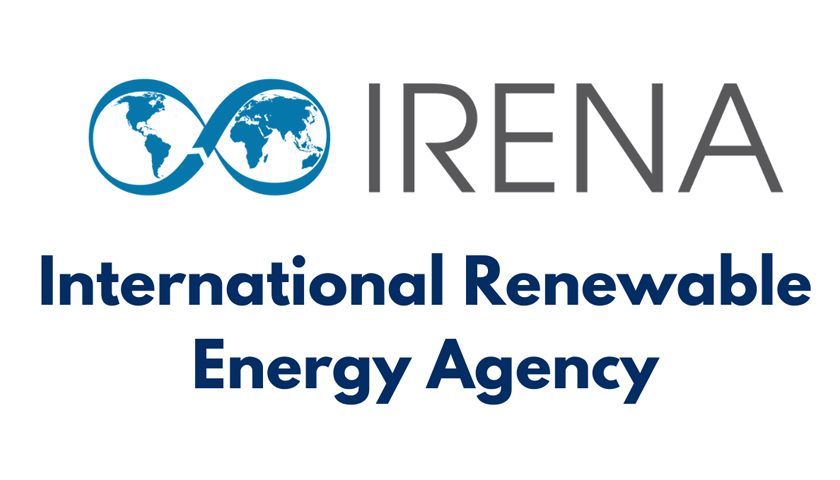The International Renewable Energy Agency (IRENA) has established that the course to achieve the UAE Consensus energy target remains off track due to persistent structural barriers including a notable shortfall in investment. Although global investment in energy transition technologies reached a new record of USD 1.3 trillion in 2022, it is insufficient to bring about 11.2 Terawatts by 2030 pledged by countries last year. By contrast, fossil fuel capital investments were almost twice those of renewables investments in the same year.
With the commitment to triple renewable power generation capacity and double the energy efficiency improvement rate by 2030, governments need to redouble their efforts to ensure investments are on the right track. Government support and investment trends must change rapidly to transition away from fossil fuels.
Any new investment decisions should be carefully assessed to simultaneously accelerate the energy transition and reduce the risk of stranded assets. This includes redirecting around USD 1 trillion of planned annual fossil fuel investment towards transition technologies and infrastructure by 2030. IRENA’s analysis to track the progress towards the global target set at COP28 shows that global investment in renewable generation capacity must amount to over USD 1.5 trillion annually till 2030.

Apart from increased amount, investment in renewables also needs more equitable distribution. Although global investment in renewable energy reached a record high of USD 0.5 trillion in 2022, developing countries received disproportionately low levels of investment. Sub-Saharan Africa, for example, received less than USD 3.6 billion in 2022 despite being home to the highest share of energy-deprived populations.
Public sector intervention is required to channel investments towards countries that need them most. While private investments are important, public finance (domestic or through international collaboration) remains essential in in providing energy services solutions to advance universal energy access, which includes electricity and clean cooking. Public finance plays a pivotal role in mobilising private capital to this end – especially in countries and regions that are in the blind spot of private fund – and in bridging end users’ affordability gaps.
Understanding the urgency to scale up renewables projects that contribute to the United Nations Sustainable Development Goals and Nationally Determined Contributions in developing countries, IRENA with the support of the United Arab Emirates (UAE) established the Energy Transition Accelerator Financing (ETAF) Platform in 2021. As an inclusive, multi-stakeholder climate finance platform, ETAF facilitates capital mobilisation for renewable energy projects, with a keen focus on those in developing economies. To date, the ETAF Platform has grown to include 14 partners, pledging a total of USD 4.15 billion, aiming to provide financing of 5 GW of projects by 2030.
With Sub-Saharan Africa representing the majority of the need and the highest number of requests for financial support under ETAF, the Platform puts its primary focus on the region this year, in the framework of the Accelerated Partnership for Renewables in Africa (APRA). Launched in September 2023 at the Africa Climate Summit in Nairobi, APRA is an Africa-led international partnership with IRENA acting as secretariat.
Emphasising the need for increased public finance from the international finance community, leaders of APRA countries – currently include Kenya, Ethiopia, Ghana, Namibia, Rwanda, Sierra Leone and Zimbabwe – and of partners countries (Denmark, Germany, UAE, USA), agreed to collaborate through finance mobilisation, private sector engagement and provision of technical assistance and capacity building. Partners such as the Global Energy Alliance for People and Planet as well as Rockefeller Brothers Fund also support this effort to enhance climate resilience, green industrialisation, economic development, job creation, and energy access in African countries.
In line with the objective to facilitate investment opportunities in renewables and wider supply chain projects in developing markets, IRENA will co-organise the APRA Investment Forum with the Kenyan government and international partners later this year, to connect projects supported by IRENA’s ETAF and Climate Investment Platform, as well as other international partners’ initiatives in the APRA region, with potential financiers, through a curated matchmaking programme.
In addition to collective efforts at the regional and international levels to channel more funds to developing countries, IRENA suggests governments to scale-up and expand the distribution of finance through these urgent actions:
- Increase the strategic use of public funds.
- Implement policies that support the financial viability of projects, leveraging public and private capital.
- Implement risk mitigation strategies and explore innovative solutions such as blended finance.
